Statin Adherence Impact Calculator
How Your Adherence Affects Results
Based on the latest research: The difference between morning and night dosing is minimal for most statins. What truly matters is whether you take your medication consistently.
Your statin adherence will determine your cholesterol reduction. Research shows:
- With 100% adherence 55% LDL reduction
- With 90% adherence 49% LDL reduction
- With 80% adherence 43% LDL reduction
Missing just 1 dose per month can reduce effectiveness by nearly 5%.
Personalized Recommendation
For millions of people taking statins to lower cholesterol, a simple question keeps coming up: should you take it at night or in the morning? It sounds like a small detail-until you miss a dose, feel muscle aches, or wonder if you’re getting the full benefit. The truth isn’t about tradition or old advice. It’s about the type of statin you’re on, your daily routine, and whether you can actually remember to take it.
Why Timing Ever Mattered
Back in the 1980s, doctors told patients to take statins at night because that’s when the liver makes the most cholesterol. Studies showed that cholesterol production peaks between midnight and 4 a.m., especially when you’re fasting. The first statins-like simvastatin, lovastatin, and fluvastatin-only stayed active in your body for a few hours. So if you took them in the morning, their power faded before the liver’s peak production kicked in. Taking them at night meant the drug was still working when it mattered most. For those early statins, the difference was real. One study found that people taking simvastatin at night lowered their LDL (bad) cholesterol by 13.4% more than those who took it in the morning. Another showed a 50% bigger drop in cholesterol when simvastatin was taken at bedtime versus breakfast. That wasn’t just a number-it meant fewer heart attacks, fewer strokes.But Most Statins Today Are Different
Fast forward to 2025, and the game has changed. Over 80% of new statin prescriptions are for longer-acting drugs: atorvastatin, rosuvastatin, and pitavastatin. These stay in your system for 12 to 20 hours. That means whether you take them at 7 a.m. or 11 p.m., you’re still covered during the liver’s peak cholesterol-making window. A 2017 analysis of 17 studies with over 3,300 patients showed that for these long-acting statins, the difference in LDL reduction between morning and night dosing was less than 3%. That’s not just small-it’s clinically meaningless. The National Lipid Association says a real benefit needs to be at least 5-7% to matter. So if you’re on rosuvastatin or atorvastatin, the time of day barely affects your results.Side Effects Don’t Change With Timing
One big fear people have is that taking statins at night might cause more muscle pain, liver issues, or even raise diabetes risk. But data says otherwise. A review of 4.2 million statin prescriptions found no difference in side effects between morning and night users. Muscle aches, elevated liver enzymes, and new-onset diabetes occurred at nearly identical rates-8.7% at night, 8.9% in the morning. The difference? Statistically random. Even if you’ve heard stories from friends about nighttime statins causing insomnia or stomach upset, those aren’t backed by science. The drug doesn’t know what time it is-it just does its job. If you feel worse at night, it’s likely unrelated to the statin itself.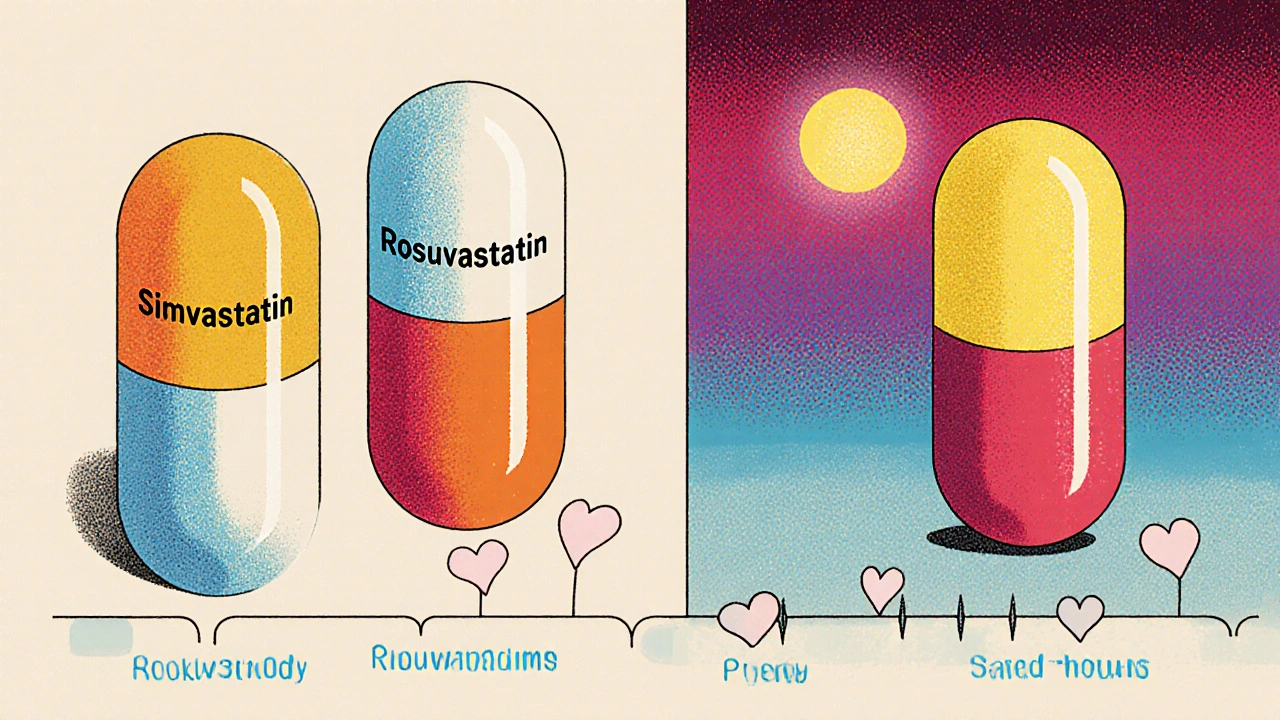
What Actually Matters: Adherence
Here’s the real kicker: adherence beats timing every time. A 2019 study of nearly 12,500 statin users found that people told to take their meds at night missed 2.1 more doses per month than those who took them in the morning. Why? Nighttime routines are messy. You’re tired. You forget. You travel. You wake up early. You skip dinner. Suddenly, your statin is sitting on the counter, forgotten. One patient on Reddit shared: “I kept forgetting my simvastatin at night. My doctor switched me to morning rosuvastatin. My LDL actually improved because I never miss a dose now.” That’s not luck-that’s science. A 2020 study confirmed it: when people on simvastatin used a smartphone alarm to take their pill at 8 a.m., they hit 92% adherence. Those taking it at night without reminders? Only 76%. And guess what? Their cholesterol levels ended up nearly the same.What Should You Do?
If you’re on a short-acting statin (simvastatin, lovastatin, or fluvastatin), evening dosing still has a slight edge. But even then, if you can’t stick to it, morning dosing with a reminder is better than inconsistent nighttime use. The American College of Cardiology says it plainly: prioritize consistency over clock time. If you’re on a long-acting statin (atorvastatin, rosuvastatin, pitavastatin, or pravastatin)-which most people are-then take it whenever works best for you. Breakfast? Dinner? Before bed? Doesn’t matter. Pick the time you’ll actually remember. Here’s a simple rule:- On simvastatin, lovastatin, or fluvastatin? Try night first-but if you forget, switch to morning with an alarm.
- On atorvastatin, rosuvastatin, or pitavastatin? Take it when you’re most likely to remember. No guilt. No confusion.
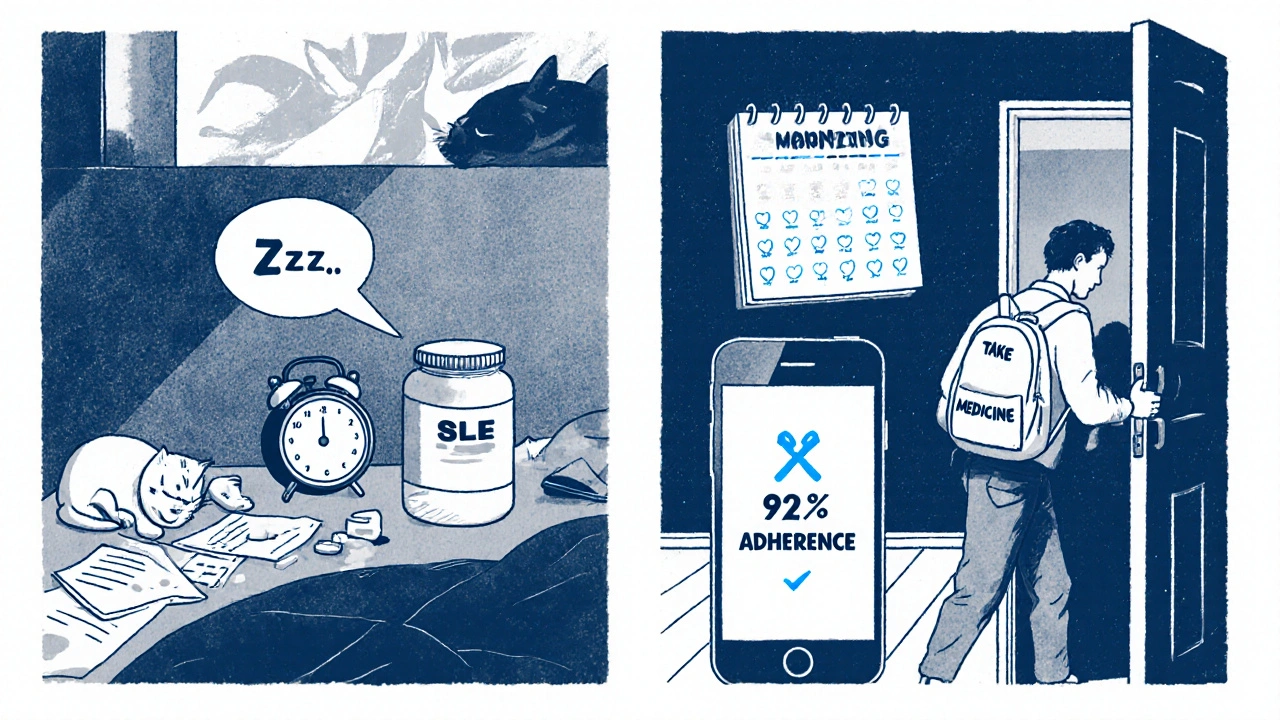

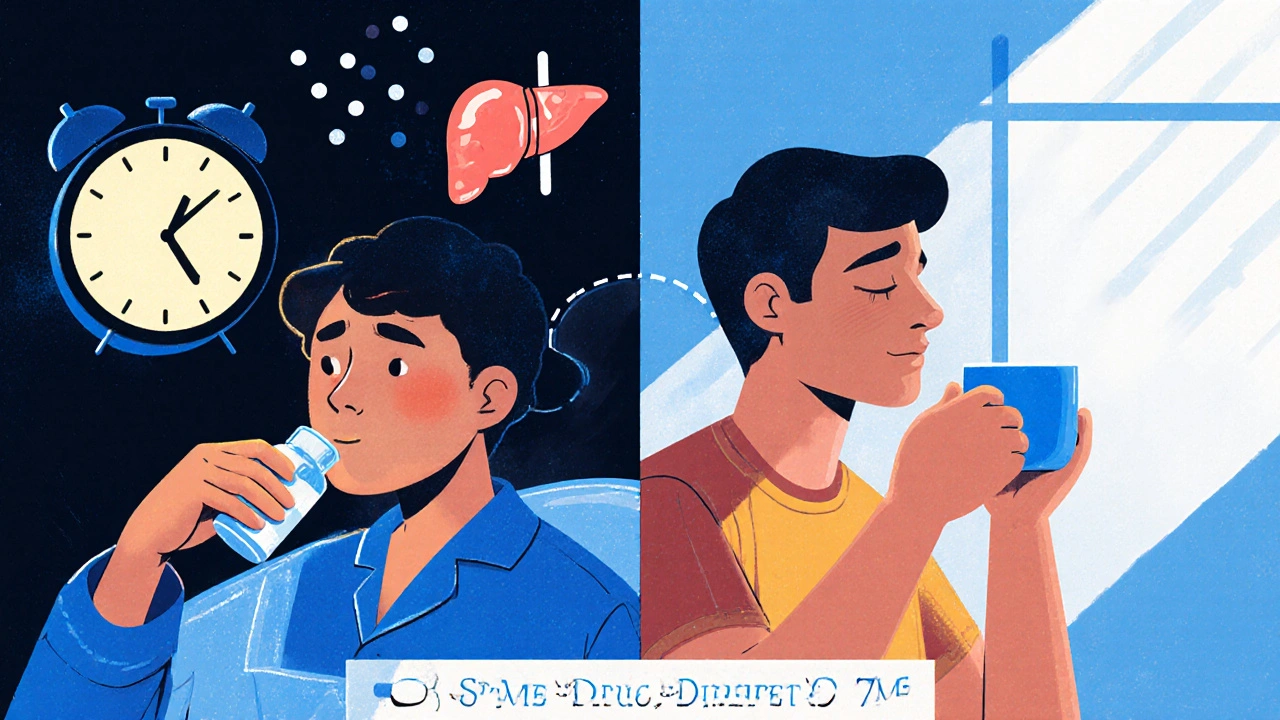


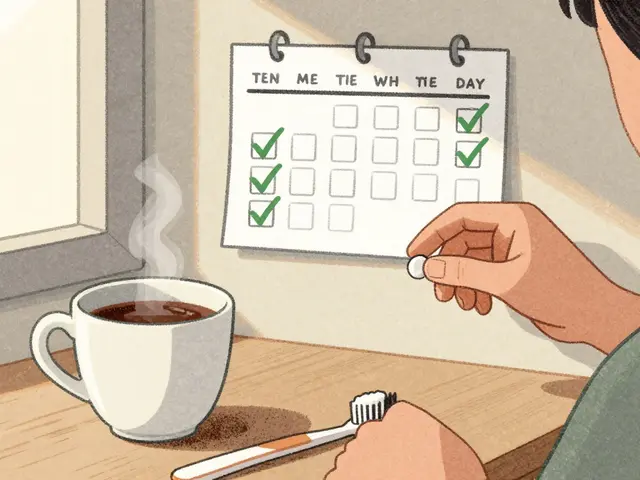
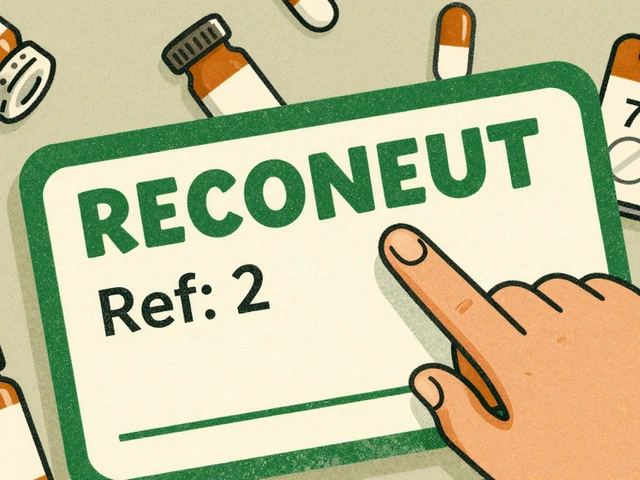
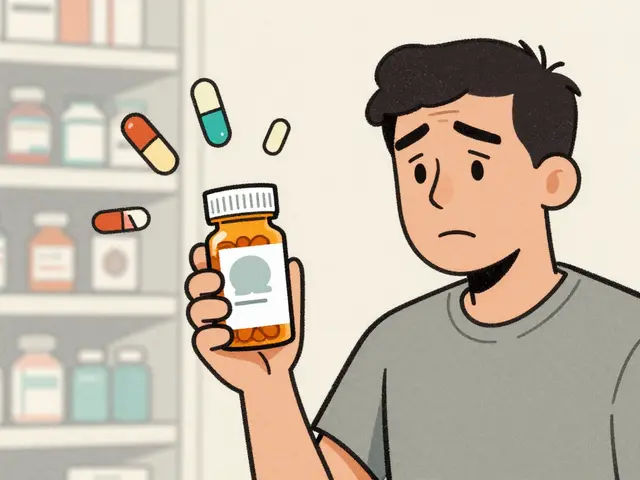
8 comments
Leisha Haynes
So basically if you forget your pill at night and then panic and skip it entirely, you’re worse off than someone who takes it at 8 a.m. with their coffee? 😅
Turns out the real superhero isn’t the drug-it’s the alarm app.
My grandma sets a reminder for her socks. Why not for statins?
Also-morning dosing means you can’t blame the 3 a.m. wake-up on the meds anymore. Win-win.
Roscoe Howard
It is imperative to underscore that the foundational premise of this article is predicated upon a flawed epistemological framework derived from observational cohort studies with significant confounding variables.
Moreover, the National Lipid Association’s threshold of 5–7% clinical significance is not universally accepted; the European Society of Cardiology maintains a lower threshold of 3.5% for primary prevention in high-risk populations.
Furthermore, the cited 2017 meta-analysis excluded several pivotal RCTs from Asia and Eastern Europe, thereby introducing selection bias.
One must also consider the pharmacokinetic variability introduced by CYP3A4 polymorphisms, which are disproportionately prevalent in non-Caucasian populations-yet the article makes no mention of ethnicity-adjusted dosing protocols.
Therefore, the assertion that timing is ‘clinically meaningless’ is not merely premature-it is scientifically indefensible.
giselle kate
Let me tell you something, America: we’ve been sold a bill of goods by Big Pharma.
They want you to think it doesn’t matter when you take it-so you’ll take it whenever you feel like it, and they’ll keep selling more pills.
Meanwhile, in Germany, they still tell people to take it at night. In Japan, they time it with the moon cycle.
They’re laughing at us here, I swear. We’ve become a nation of people who can’t even remember to take a pill on time.
Wake up. It’s not about convenience. It’s about discipline.
And if you can’t handle taking a pill at night, maybe you’re not ready for a heart attack.
Stop looking for excuses. Take it when you’re told. Night. Always night. That’s how it’s done.
prasad gaude
In India, we say: ‘Jab bhi yaad aaye, le lo.’ When you remember, take it.
My uncle took his statin with breakfast, lunch, and dinner for three years-he thought it was a multivitamin.
His LDL dropped anyway.
Maybe the real lesson isn’t in the clock, but in the habit.
And maybe the body doesn’t care if you’re American, Indian, or Martian-as long as you show up.
Also, I take mine after chai. No alarms. Just peace.
And I live to 87. So… maybe the science is just trying to sell us a routine we don’t need.
Peace, brother.
Amy Hutchinson
Wait so if I take it at 11pm and then wake up at 3am and forget I took it and take it again… is that bad?
My friend did that and now she’s on a liver cleanse and a therapist.
Also I think statins make me dream about flying. Is that normal?
Can we talk about this? I need to know if I’m the only one.
Shirou Spade
There is a quiet truth here that science rarely names: human beings are not machines.
We are creatures of rhythm, not regulation.
The liver does not keep a calendar.
The heart does not check the time.
What matters is not whether the drug is present at 2 a.m.-but whether the person is present, awake, and whole enough to care for themselves.
That is the real pharmacology.
And if a morning pill means someone stops fearing their own forgetfulness, then the clock was never the enemy.
It was the shame.
And now we are free.
Lisa Odence
OMG I JUST REALIZED I’VE BEEN TAKING MY ROSUVASTATIN AT 7PM FOR 3 YEARS AND I THOUGHT IT WAS SUPPOSED TO BE AT NIGHT 😭
AND NOW I’M SCARED I’VE BEEN DOING IT WRONG ALL THIS TIME 😭
AND ALSO MY DOCTOR NEVER TOLD ME ANY OF THIS 😭
AND I JUST BOUGHT A NEW PHONE AND I DIDN’T SET THE REMINDER 😭
IS MY HEART GOING TO EXPLODE?? 😭
PLS HELP 😭
Also-can someone recommend a cute pill organizer? I want one with glitter.
💖🩺💊
Erika Hunt
It’s fascinating how the narrative has shifted from biological determinism to behavioral pragmatism in clinical pharmacology-this isn’t just a change in dosing recommendation, it’s a philosophical pivot in how we conceptualize adherence as a therapeutic variable rather than a compliance metric.
When we prioritize consistency over chronobiology, we’re essentially acknowledging that human agency, environmental context, and cognitive load are more predictive of health outcomes than pharmacokinetic half-lives in isolation.
Moreover, the data suggesting that alarm-based morning dosing achieves 92% adherence versus 76% for unstructured nighttime regimens isn’t just statistically significant-it’s culturally revelatory, revealing that the burden of memory, not metabolism, is the true barrier to therapeutic success.
And yet, the persistence of the ‘nighttime dogma’ in medical education speaks to the inertia of tradition, even in the face of overwhelming evidence.
It’s a microcosm of how medicine often lags behind science by decades, clinging to outdated heuristics because they feel ‘right,’ even when they’re no longer ‘right for the patient.’
Perhaps the real breakthrough here isn’t the statin-it’s the reminder app.
And maybe, just maybe, the future of medicine isn’t in new drugs, but in helping people remember to take the ones they already have.
So thank you for this.
It’s not just science.
It’s kindness.